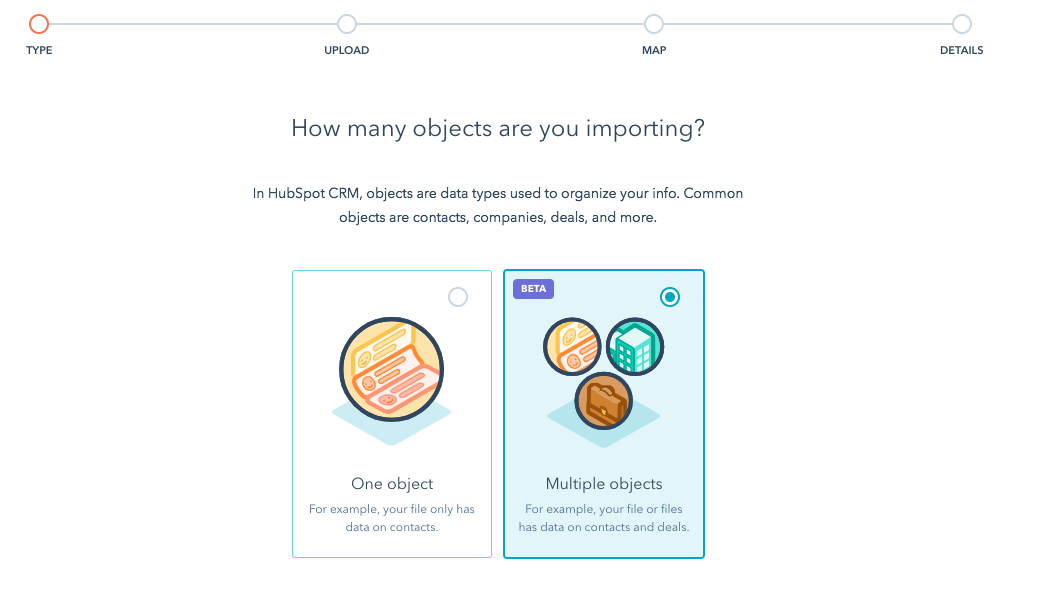 For those of you with PPC (pay-per-click or paid search) experience, it is no surprise that HubSpot’s Keyword Grader looks like the Google Keyword Tool. In fact the Monthly Searches for a given keyword in HubSpot's Keyword Grader will match the Global Monthly Search
For those of you with PPC (pay-per-click or paid search) experience, it is no surprise that HubSpot’s Keyword Grader looks like the Google Keyword Tool. In fact the Monthly Searches for a given keyword in HubSpot's Keyword Grader will match the Global Monthly Search  Volume (with the Match Type set to Exact) in Google's Keyword Tool. However, the tools are designed for different purposes and failure to understand this can leave you making some bad SEO decisions.
Volume (with the Match Type set to Exact) in Google's Keyword Tool. However, the tools are designed for different purposes and failure to understand this can leave you making some bad SEO decisions.

First, like everything else Google does, the Google Keyword Tool is an impressive and powerful tool and you might want to familiarize yourself with it. It allows you to assess the differences in search volumes for a given keyword in Broad, Phrase and Exact matches. It breaks-out search volumes by global and local search. It also shows you search volume over the past 12 months, which is very helpful with seasonal keywords like “turkey recipes,” or “why is the IRS calling me.”
But it is important to realize that Google's tool is built specifically for PPC research, not organic SEO (search engine optimization) and many of its metrics are only useful only to that end. That becomes clearer when you look at the additional columns that can be added to Keyword Tool output, such as Ad Share or Google Search Network. And while it may look like the Difficulty score in Keyword Grader, the Competition index in the Google Keyword Tool is not intended for organic keyword research. Competition should not be used as either a replacement of or a proxy for the Difficulty.
Google's Competition Index
Google defines its Competition index column as:
…the number of advertisers worldwide bidding on each keyword relative to all keywords across Google. [It] represents a general low-to-high quantitative guide to help you determine how competitive ad placement is for a particular keyword.
At present, the Google interface displays these values as null, Low, Medium and High, while the CSV file you can export from the tool displays these values as 0.00 to 1.00. 1.00 indicate the most competitive keywords in PPC marketplace.
HubSpot's Difficulty Score
Meanwhile, the Difficulty score in Keyword Grader tells you, “how hard it is for you to get on the first page of search engine results for a particular keyword,” or how hard it is to rank organically with a page on your site optimized for that keyword. Of course, it is reasonable to believe that there is a correlation between how many people are bidding on a given keyword and how hard it is to rank organically on that keyword. But there are numerous exceptions to the rule and, when evaluating a set of keywords, how confident are you that you can identify the outlier keyword.
Say you are a sales consultant and you are trying to select between optimizing a page or writing a blog post around “top sales tips” and “sales training material.” Using Google’s Keyword Tool, you can see that (as of this writing) both have Medium Competition and “sales training material” has the favorable Global Monthly Search Volume making it the clear keyword of choice.
However, this would probably be the wrong choice given the data from Keyword Grader on these two keywords. As of this writing, “top sales tips” has a difficulty score of 65* and while it is not the easiest keyword, it is significantly less difficult than “sales training materials.” The search volume is lower. But I’d rather take my chances ranking for and grabbing even 1% of that search traffic than sit around, hoping to rank for “sales training materials” and grab 0% of that search traffic.
|
Keyword |
Search Volume |
Google’s “Competition” |
HubSpot’s “Difficulty” * |
|
|
“top sales tips” |
110 |
Medium (0.54) |
65 |
✔ |
|
“sales training material” |
320 |
Medium (0.50) |
85 |
✘ |
Good luck!
*Using the portal for camp.hubspot.com









